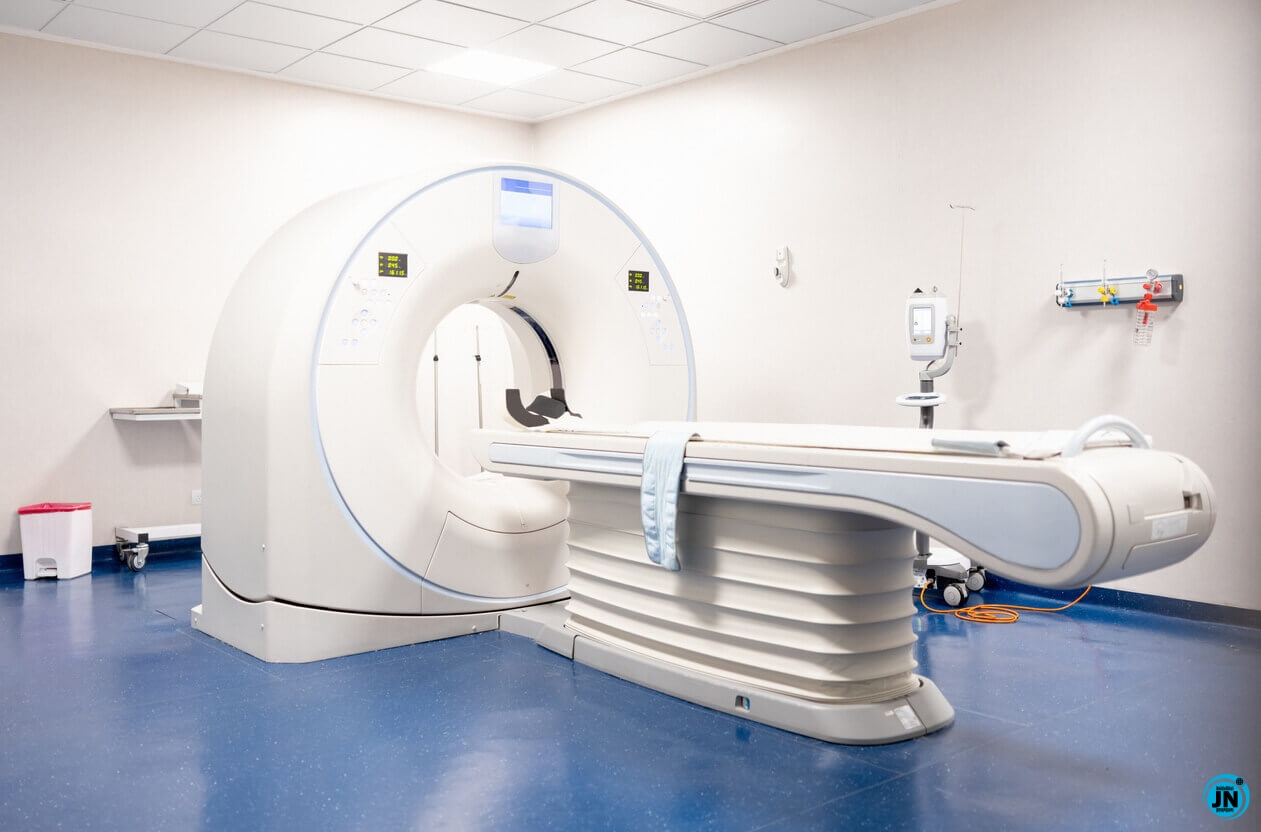A woman reportedly suffered severe injuries after mistakenly leaving a sex toy in her rectum during an MRI scan. The incident has garnered significant attention due to the unexpected and hazardous reaction between the magnetic forces of the MRI machine and the metallic components of the toy.
According to reports, the powerful magnets within the MRI scanner interacted with the metallic core of the silicone toy. This reaction caused the toy to be forcefully propelled through the patient's rectum and into her chest cavity, moving at an alarmingly high speed, reportedly akin to the "speed of sound."

The scan image result shared online highlights the extent of the damage caused by the incident. Medical professionals confirmed that the sex toy caused potentially severe injuries to organs and tissues, raising concerns about the patient’s overall condition and recovery.
The image was shared by an X user named “DreadPirateZero,” who captioned it with a stark warning: “Never wear a butt plug to your MRI appointment. My god….” The post quickly went viral, sparking discussions about safety precautions for medical imaging procedures.
Further reports reveal that the patient experienced significant distress during and after the MRI scan. A health professional who filed the incident report detailed the patient’s reaction, saying:
“She went in for the MRI, and when the MRI was over, and the tech was pulling the table out, the patient started to scream. She stated that she felt nauseous, was in pain, and felt like she was going to pass out.”
Emergency services were called immediately, and an ambulance transported the patient to the hospital for further evaluation and treatment. Prior to transport, the radiologist on site conducted an initial examination to ensure the patient’s stability.
This incident serves as a critical reminder about the importance of properly preparing for medical procedures, particularly MRI scans, which rely on strong magnetic fields. It underscores the need for clear communication between patients and healthcare providers to prevent such accidents from occurring.
See the scan image below…


